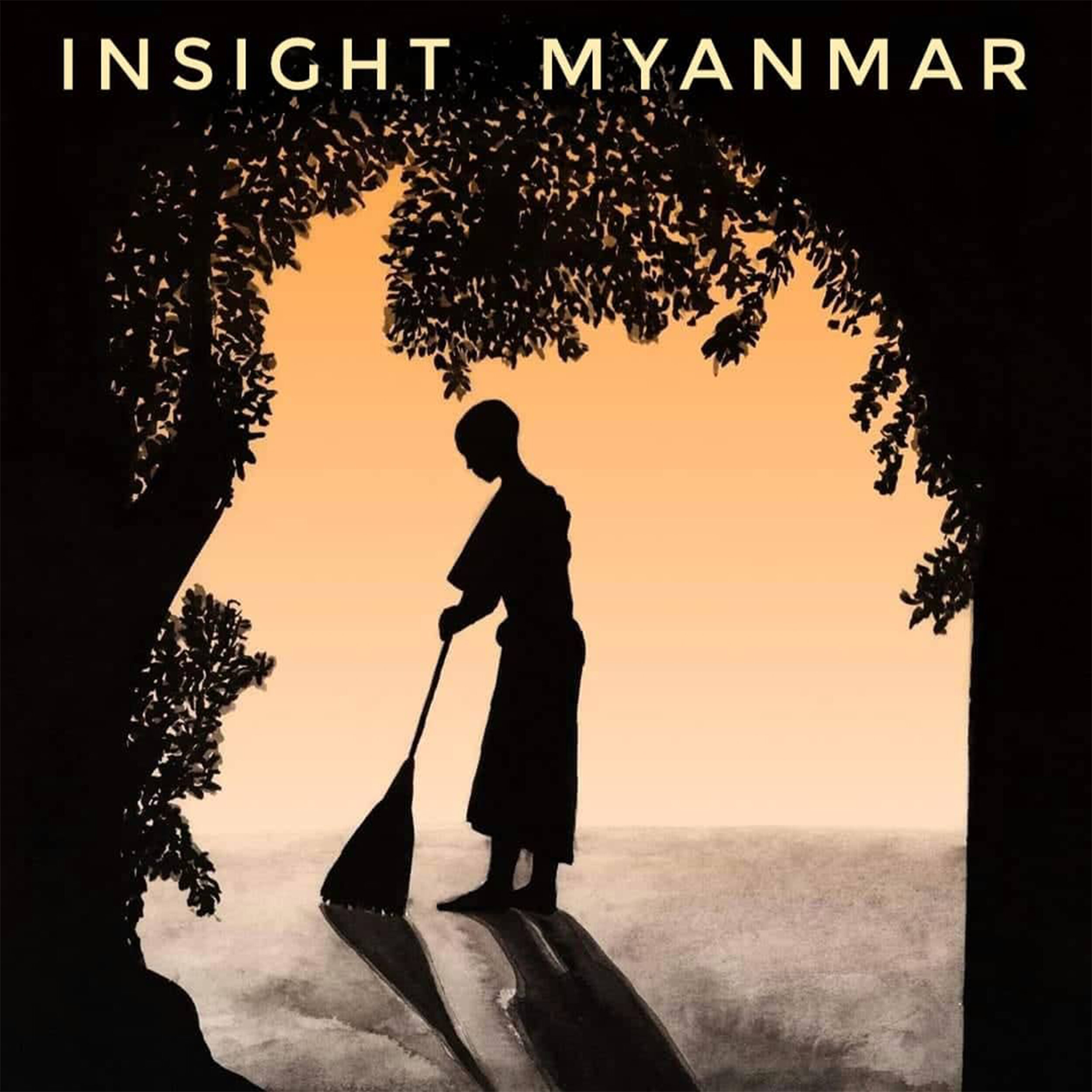Breaking Chains and Shattering Ceilings
Debbie Stothard, a Malaysian human rights activist, has devoted her life to advocating for justice and democracy in Myanmar, as she explained during a recent podcast conversation. Born into a family with a mix of Asian and Scottish heritage, she initially pursued journalism, becoming a crime reporter in Malaysia. This experience sparked her passion for activism, leading her to engage in various human rights movements across Asia. Debbie's involvement with Myanmar began in the late 1980s, driven by her fascination with the country and its struggles. She co-founded the Alternative ASEAN Network on Burma (ALTSEAN-Burma) in 1996, a network aimed at raising awareness and mobilizing support for the Burmese pro-democracy movement. Her relentless efforts have empowered numerous women and youth, fostering cross-ethnic collaboration and resilience against the military junta. Debbie's work highlights the importance of inclusive economic policies, gender equality, and the vital role of grassroots activism in driving social and political change.
“While everybody’s obsessing about what constitution to have, the people still need to have a livelihood, to eat, and to have access to health and education. They still need to have a natural resource policies that doesn’t displace them and push them out of their homes!”
We've had inputs from conflict affected zones, people feeling very strongly about this, but also understanding that, hey, this is what we are fighting for, and we're fighting for solutions at the end. What do we do? We don't want to stop back at doing the same or making the same old mistakes. Because in the end, while everybody's obsessing about what constitution to have, the majority of people still need to have a livelihood, they still need to eat, they still need to have access to health and education, they still need to have natural resource policies that don't displace them and push them out of their homes!
In this picture, we also need to be more inclusive for people with disabilities. Traditionally, people with disabilities in Burma have been somewhat invisible, and marginalized. And we already know, one of the negative impacts of all this conflict is that a lot of survivors will have some type of temporary or permanent disability, whether it's a physical one or mental one. We need to think about that. We need to think about climate resilience. We need to think about just transition. Recognizing that work has always been devalued… I wouldn't even say undervalued, but devalued. If care-workers are devalued, women are devalued, how do we deal with that? How do we bring equilibrium to gender?
So that's really one thing that's exciting. We've got very active LGBT folks involved in this project. We've got people with disabilities involved in this project. And we've got young people in conflict areas also somehow. The thing that really is amazing is that we have 18 partner organizations. And we say partner organizations, this means they not just attend the workshops, but they take the training materials, and they take it out in the field and do consultations, and encourage other people to make recommendations.
